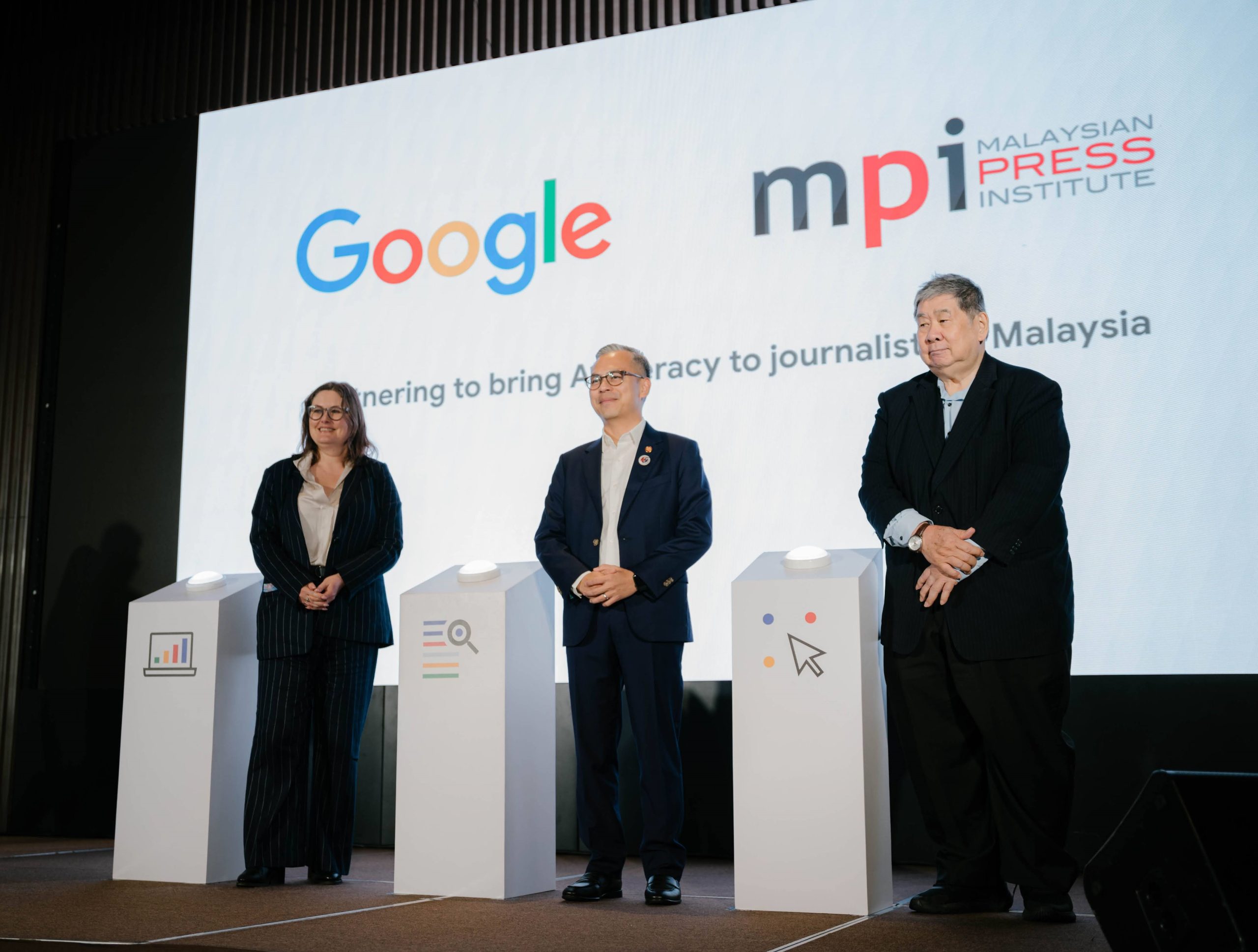Google has officially concluded Project Sigma, a strategic initiative designed to help Malaysian newsrooms better connect with Gen Z audiences. Launched in December 2024, the program was developed in partnership with the Ministry of Communications Malaysia and FT Strategies to support news publishers in adapting to the shifting media consumption habits of a younger, digital-native generation. In addition, Google has announced two new initiatives aimed at enhancing AI literacy within Malaysia’s journalism ecosystem.
As Gen Z—those born between 1995 and 2012—now represent 26% of Malaysia’s population, their unique relationship with digital content is reshaping how news is consumed and shared. This generation prefers mobile-first, creator-led, and short-form formats, engaging with content that is authentic and visually rich rather than traditional institutional narratives. Recognizing the urgent need for innovation in how news is presented, Project Sigma was launched to help local media organizations experiment with new formats, platforms, and storytelling approaches that align with Gen Z’s expectations.
Six major newsrooms—Astro AWANI, Berita Harian, Malaysiakini, Sinar Daily, Sin Chew Daily, and The Star—participated in a 10-week program that tested Gen Z-specific strategies. These included vertical video formats and streamlined in-app discovery tools, which led to noticeable improvements in user engagement and retention. The use of interactive features, such as quizzes, particularly resonated with younger female audiences aged 18 to 28. Additionally, the incorporation of motion graphics and animated visuals proved highly effective in creating visually driven narratives that appealed to Gen Z’s preferences.

Communications Minister YB Datuk Fahmi Fadzil highlighted the importance of such efforts, stating that the future of journalism depends on understanding and evolving with younger audiences. He emphasized the government’s ongoing commitment to fostering partnerships that help Malaysian media stay relevant, innovative, and resilient.
Insights from the initiative have been compiled into a detailed report, providing actionable recommendations for newsrooms seeking to deepen their engagement with Gen Z and embrace a mindset of continuous experimentation in content delivery.
Following the success of Project Sigma, Google is now launching two new programs aimed at equipping journalists and publishers with essential AI knowledge and tools. The first is a partnership with the Malaysian Press Institute (MPI), beginning in June 2025, which will offer AI training to both working journalists and journalism students. The training will integrate Google’s AI tools for content creation with best practices for audience development and digital monetization. This collaboration is designed to strengthen digital storytelling skills and ensure that Malaysian journalists are equipped to thrive in a rapidly evolving media landscape.
The second initiative is the launch of the News AI Lab in Malaysia, an 18-month program focused on helping news publishers adopt AI technologies across editorial and business operations. The lab will offer a combination of online courses, in-person workshops, and ongoing support, enabling participants to gain hands-on experience with AI-driven tools that enhance content creation, distribution, and monetization.

Kate Beddoe, Google’s Managing Director of News Partnerships for APAC, expressed pride in the achievements of Project Sigma and enthusiasm for the company’s continued support for Malaysian journalism. She noted that these new initiatives reflect Google’s broader mission to help news organizations innovate responsibly and sustainably in the age of digital transformation.
With these efforts, Google reaffirms its commitment to the future of journalism in Malaysia—empowering newsrooms to better serve today’s audiences while preparing for tomorrow’s challenges.
For more details and updates, visit: https://newsinitiative.withgoogle.com


